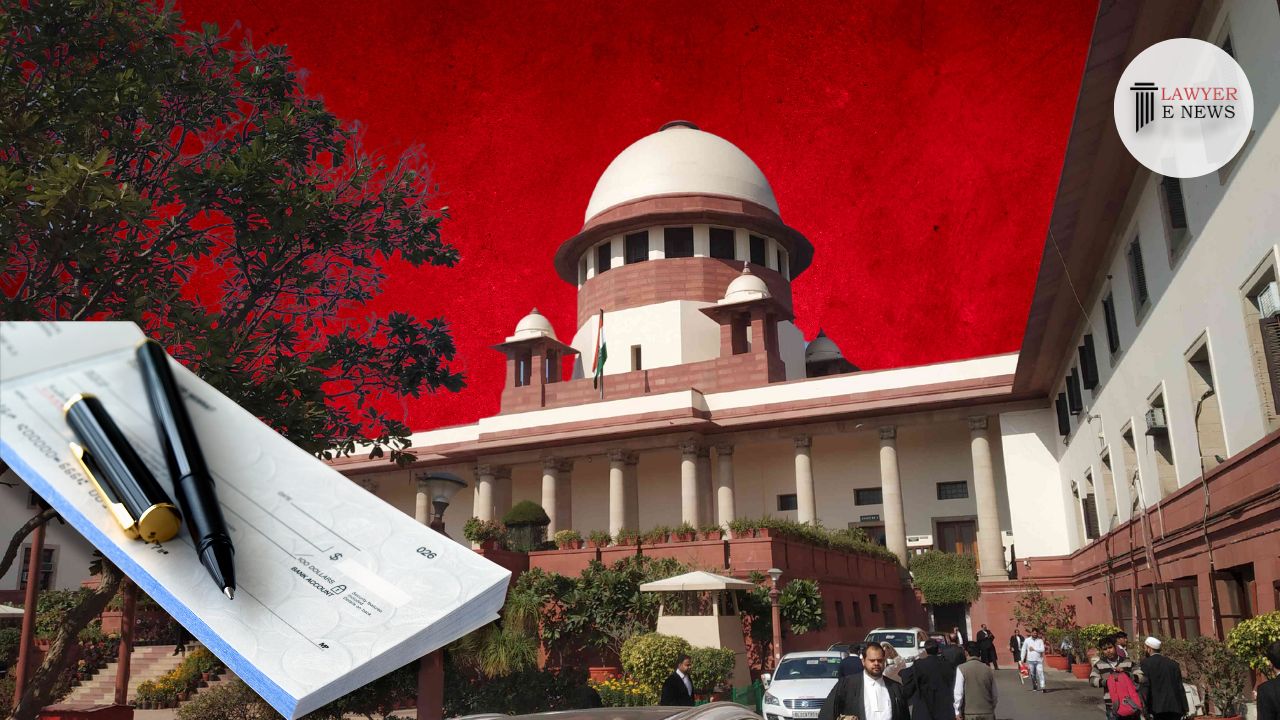-
by sayum
14 February 2026 2:22 PM



The Supreme Court of India has overturned a decision by the Himachal Pradesh High Court regarding a long-standing land dispute. The case, involving the legality of an alleged compromise deed, was resolved by emphasizing the necessity for written and signed agreements in legal compromises. The judgment delivered by Justices Vikram Nath and Prashant Kumar Mishra clarified the stringent requirements under Order XXIII Rule 3 of the Code of Civil Procedure (CPC).
The dispute originated from a 1979 lawsuit filed by Mansha Ram and others, seeking a declaration and permanent injunction against Julfi Ram and his family, who claimed tenancy rights over the land. The trial court initially ruled in favor of Mansha Ram, declaring them the landowners. However, a subsequent appeal led to a controversial compromise during the appellate proceedings, resulting in the dismissal of the suit.
The Supreme Court focused on the validity of the compromise deed that was the basis for the appellate court's dismissal of the original suit. The bench stated, "A plain reading of Order XXIII Rule 3 CPC clearly provides that for a valid compromise in a suit, there has to be a lawful agreement or compromise in writing and signed by the parties." The absence of such a written document in this case led to the conclusion that the alleged compromise was invalid.
The Supreme Court also examined the implications of the sale deed executed during the pendency of the appeal. The doctrine of lis pendens, which restricts the transfer of property under litigation, was considered. The court found that the sale deed dated August 22, 1983, was not void, but the rights conferred by it were subject to the outcome of the litigation. The court noted, "Transfer of suit property pendente lite is not void ab initio, as it remains subservient to the pending litigation".
In its detailed analysis, the Supreme Court reiterated the need for strict adherence to procedural rules in compromises. The court highlighted, "The compromise decree can be passed only on compliance with the requirements of Rule 3 of Order XXIII, otherwise it may not be possible to recognize the same as a compromise decree". The failure to present a written, signed agreement invalidated the compromise claims made before the appellate court.
Justice Vikram Nath emphasized the procedural requirements by stating, "In the present case, there is no document in writing containing the terms of the agreement or compromise. In the absence of any document in writing, the question of the parties signing it does not arise".
The Supreme Court's ruling nullifies the previous appellate court decision, restoring the trial court's original judgment dismissing the suit. This decision reinforces the legal principle that verbal agreements, even if recorded in court, do not constitute valid compromises without written and signed documentation. This landmark ruling is expected to influence future cases by underscoring the importance of proper legal documentation in dispute resolutions.
Date of Decision: July 15, 2024
Aro Devi & Ors. vs. Julfi Ram (Deceased) Thr. Lrs. & Ors.
